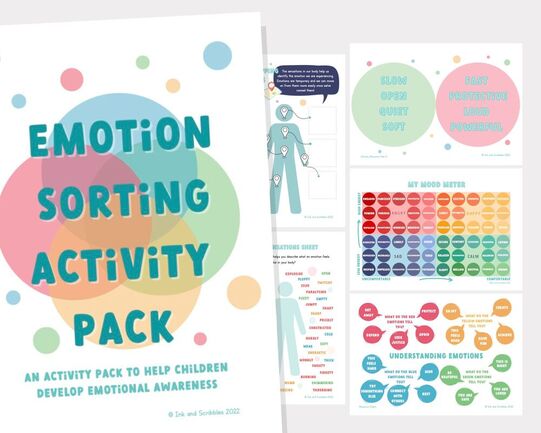|
Mental health is a hot topic of conversation these days. Mental Health Awareness Week or not we're all talking about it. A lot. Outside of my work with children and their parents, friends are talking about their own mental health, and my social media feeds are full of advice, personal stories, insight and even products that will help. Here's why I think this is awesome ... (POV!) my understanding of mental health is that it informs our human experience of life. Mental health is now being seen not only as a term that includes specific diagnosis and disorder anymore, but as a more general term that we can all relate to in some shape or form. We are beginning to understand that mental health (thoughts, emotions, behaviours and social wellbeing) AND physical health together inform our experience of what it means to be human. However, our experiences are very much our own. The downside of all the conversation that is happening now, is that we run the risk of assuming someone else's description of mental health is a measure our own. One person's idea of anxiety may be very manageable, whereas for others, it may be quite unbearable! This is why I love building children's self-awareness in sessions because they get to learn about how emotions feel for them. Self-awareness is a key pillar of emotional intelligence and gives children the ability to name what they feel and learn what they need to move through emotions. Interoception activities develop this self-awareness. Body Mapping or Body Scan is such as simple and powerful way of helping children tune into their body sensations (developing interoception, a sense that helps us understand our inner sensations) and become aware of their (probably very normal) emotions! Every child I've worked with has felt less overwhelmed by their big feelings once they've explored how that shows up in their body. Why is this important for emotional wellbeing? Well, our brains are constantly monitoring our body so it can make decisions. This is usually something that happens outside of our conscious awareness. This is how we know that we need to drink water or go to the toilet. When it comes to emotions, we also experience changes to our body internally. Our breathing, heart rate and body temperature are all examples of how our might change in response to an emotion. Becoming aware of sensations and then applying this the context of the situation we are in can help us regulate emotions and improve our decision making. So, for example, it's reflecting on body sensations in the context of going to a football game that will help a child learn to tell if they feel excited or scared. Imagine feeling intense physical sensations associated with big emotions and stress responses and not understanding that this is linked to the spelling test you're about to sit. These experiences can be extremely overwhelming for children. When they become aware that their physical signs of emotional stress are linked to situations in which they are actually safe, they are then more able to regulate their physical and emotional experience. Our Emotion Sorting Activity Programme (click the image to learn more about this programme) contains a body mapping exercise, including a session plan to follow too! I’d strongly recommend parents and educators take the time to do a body mapping exercise when trying to support a child through a situation that is causing some big emotions. Aside from developing self-awareness for the child, these activities are also great ways to connect and understand the child you are supporting.
There are a few things you could focus on to help children tune into their physical sensations, developing their sense of interoception:
Exploring emotions through the sensations experienced and the context of the emotion, such as thoughts and day to day events or situations is a way we can start children on their emotional and personal development journey. These are life skills that support emotional intelligence, mental health and wellbeing. Understanding physical sensations and how they link to emotions supports regulation skills and together these skills underpin overall wellbeing. We should't underestimate the impact of developing children's interoception on their wellbeing. Try Body Mapping and see what great conversations happen!
0 Comments
Leave a Reply. |
Categories
All
Archives
April 2024
AuthorHey! I'm the founder, creator and voice of Ink and Scribbles. Sharing thoughts on child well-being and parenting that are based on my teaching and parenting experience, and NLP learning. |


 RSS Feed
RSS Feed